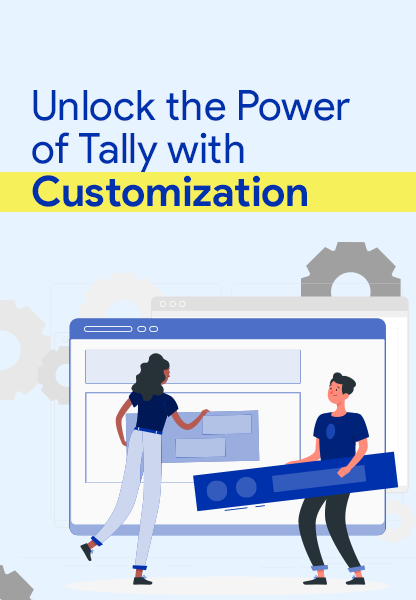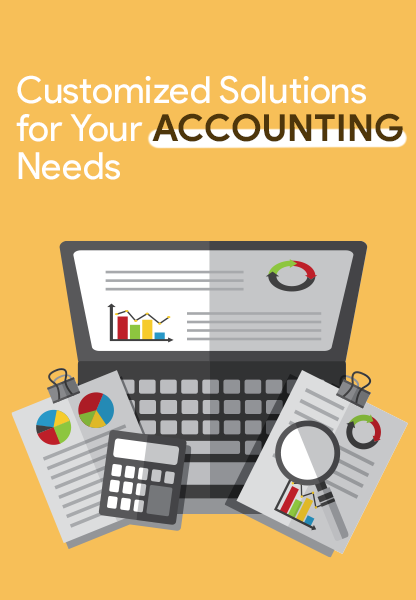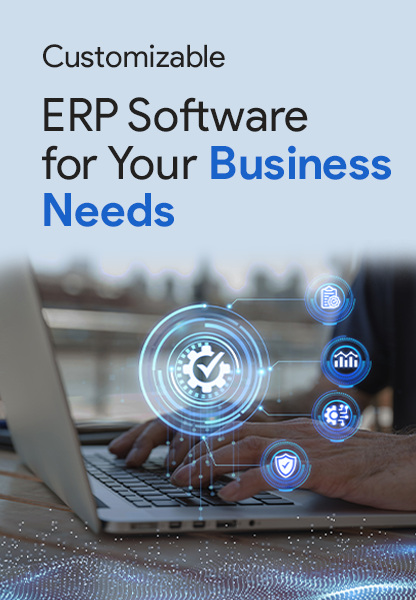
Implementing ERP Tool in the UAE: Expectations and Considerations
Implementing ERP Tool
In today's highly competitive business landscape, organizations in the United Arab Emirates (UAE) are increasingly recognizing the need for streamlined operations, improved efficiency, and enhanced decision-making capabilities. Enterprise Resource Planning (ERP) systems have emerged as powerful tools to meet these demands, providing integrated solutions for various business functions. However, implementing an ERP tool in the UAE requires careful planning, consideration of local requirements, and setting realistic expectations. In this article, we will explore the implementation process and key expectations when adopting an ERP tool in the UAE.
ERP Tool- Defining Business Objectives
Before implementing an ERP tool, it is crucial for UAE organizations to define their specific business objectives. Whether it is streamlining operations, improving financial management, enhancing customer relationship management, or optimizing supply chain processes, having clear objectives will guide the implementation process and ensure alignment with overall business goals.
Localization and Compliance
UAE organizations need to consider localization and compliance requirements when selecting an ERP tool. The system should be capable of adapting to local accounting practices, tax regulations (such as VAT implementation), and reporting standards. Ensuring compliance with UAE laws and regulations is essential to avoid penalties and facilitate smooth operations.
Vendor Selection
Choosing the right ERP vendor is critical to the success of implementation. UAE organizations should consider factors such as vendor reputation, experience in the UAE market, industry-specific solutions, post-implementation support, and the ability to customize the ERP tool to meet local requirements. Engaging with local ERP experts and seeking recommendations from other businesses can help in the vendor selection process.
ERP Tool- Data Security and Privacy
In the UAE, data security and privacy are of utmost importance. Organizations must ensure that the ERP tool they choose complies with local data protection regulations, such as the UAE Data Protection Law and General Data Protection Regulation (GDPR) if applicable. Evaluating the ERP vendor's data security measures, encryption protocols, access controls, and disaster recovery plans will help safeguard sensitive business data.
User Training and Change Management
Successful ERP implementation in the UAE requires comprehensive user training and change management strategies. Employees must be prepared for the transition, understand the benefits of the new system, and receive adequate training to effectively use the ERP tool. Engaging employees as change champions, providing ongoing support, and addressing resistance to change are crucial to ensure a smooth transition and maximize user adoption.
Integration and Scalability
Integration capabilities are vital for an ERP tool in the UAE, as businesses often rely on multiple systems for different functions. The ERP system should seamlessly integrate with existing software and hardware infrastructure, including financial systems, CRM tools, and production systems. Additionally, considering the scalability of the ERP tool is essential to accommodate future growth and changing business needs.
Realistic Expectations and Implementation Timeline
Setting realistic expectations and understanding the implementation timeline are vital. ERP implementation is a complex process that involves data migration, system configuration, user training, and testing. UAE organizations should work closely with the ERP vendor to establish a realistic timeline, allocate sufficient resources, and plan for contingencies to avoid disruptions to daily operations.
Best Top 10 ERP Software in Dubai – 2023 Latest Edition
Conclusion:
Implementing an ERP tool in the UAE offers tremendous opportunities for businesses to streamline operations, improve efficiency, and make data-driven decisions. However, successful implementation requires careful consideration of localization requirements, vendor selection, data security, user training, and realistic expectations. By investing time and effort in planning, selecting the right ERP vendor, and addressing the unique needs of the UAE market, organizations can maximize the benefits of an ERP tool, enhance their competitive advantage, and drive sustainable growth in the dynamic business landscape of the UAE.












